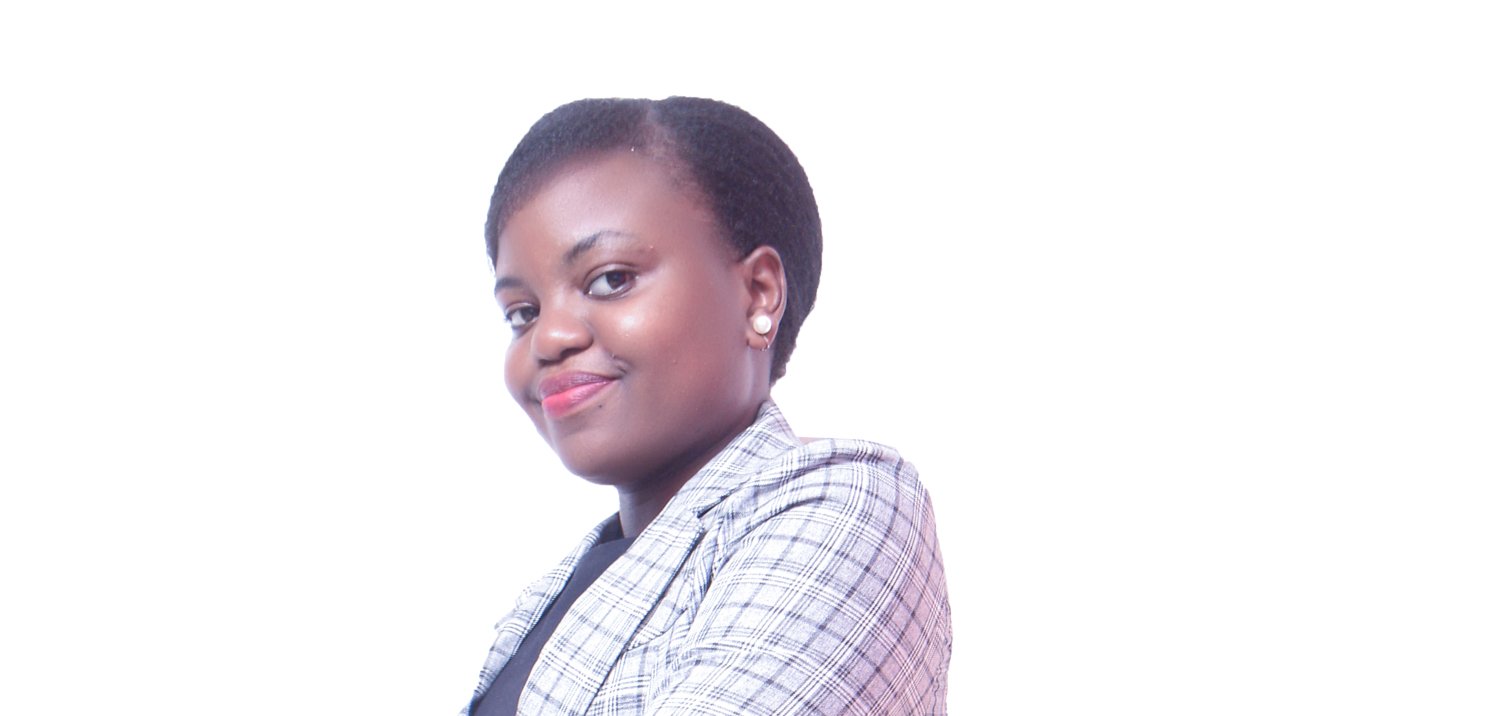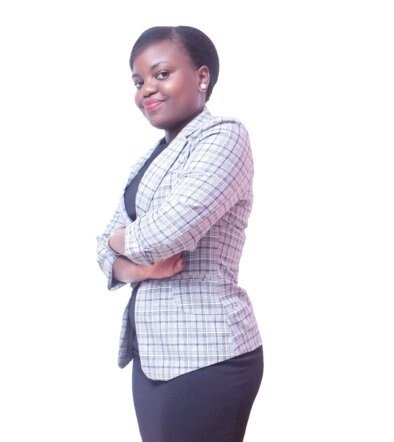Awarded thesis investigates patterns of usage of contraceptives among young refugees in northern Uganda

The Swedish Society of Obstetrics and Gynecology annually awards the best doctoral thesis of the year. 2023 the award goes to Ritah Bakesiima, who completed her dissertation at the Department of Women's and Children's Health last year. Her research studies the barriers to contraception among adolescents, and enlightens the importance of peer counselling in increasing contraceptive uptake.
Congratulations on the award Ritah. What were your feelings when you found out that you received the award?
"Heartwarming! One of the best news I have received this year. Words alone are not enough to express how grateful I am", says Ritha.
What is the background and the main discoveries of your thesis?
"My thesis investigates modern contraceptive use among female refugee adolescents in northern Uganda. We found that less than a tenth of our participants used modern contraceptives even though they were sexually active and did not want to get pregnant. The commonest reasons being fear of side effects and partner prohibition. Adolescents who were married and those who had an older partner were least likely to use a contraceptive, owing to partner prohibition".
"We thereafter examined the effect of peer counseling, versus routine counseling, on acceptance of modern contraceptives. This study revealed that peer counseling was more effective here. Adolescents who took up a contraceptive were then followed up for six months to determine their adherence to the contraceptives they received. The study showed that the adherence was very low owing to partner prohibition".
"Lastly, we explored the contraceptive experiences of the adolescents in our study. The respondents’ experiences revealed that their close relations significantly influenced contraceptive use and decision-making. The close relations, which included peers, partners, and parents/guardians influenced use by either supporting, discouraging or prohibiting contraceptive use".
What were the most unexpected discoveries?
"We expected partners to be more supportive of contraceptive use, because it is beneficial to both parties. Therefore, the most unexpected discovery was that partners prohibited adolescents from using contraceptives. This affected our work on the thesis because peer counseling cannot address partner prohibition. This also meant that other interventions that can address the issue of partner prohibition should be studied".
What impact do you think your research will have on the field?
"To the society at large, my research mainly speaks to policymakers and refugee adolescents. I believe that if policymakers can listen and act by rolling out peer counselors in health facilities, it would help increase the uptake of contraceptives especially among adolescents. In the long run, this will reduce the burden of teenage pregnancy and associated complications", Ritha says.
"In the research area of adolescent contraception, I believe that my research has helped to broaden knowledge and understanding of the barriers to contraception among adolescents, and to enlighten on the importance of peer counseling in increasing contraceptive uptake among adolescents".
Your thesis has been awarded. What advice would you like to give to researchers who are about to start work on their own thesis?
"My advice to researchers out there is that whatever they are doing is not in vain. They should be determined to start to write. There may be challenges but these should not stop them to continue writing. Hard work, perseverance, determination, and a decision not to give up will get them through. Eventually, they will receive a reward for their work in one way or another".

Ritah's tips for writing a successful thesis
- Some challenges are hard to overcome. Try to live and grow with them instead!
- Always remember - all hard work will pay off eventually.
- Nourish you determination and don't give up.
- Check out Karolinska Institutets Academic Writing Support.
Can you share some of the insights about the challenges you faced during your research journey?
"One of the challenges I faced were having to balance work, school, and life. Doing a PhD is so demanding that many a time, one has to sacrifice one thing or the other to get it going. I found myself spending less and less time with family and friends just so that I could complete my thesis. I am glad that this eventually paid off", Ritha answers.
How did you manage to overcome obstacles and push the work forward?
"Some challenges are quite hard to overcome, rather we have to learn to live with them. The best I could do to help overcome the challenge of work-life balance was to apportion my time well, and prioritize activities according to relevance or importance. For example I made a tough decision to strictly spend the weekends with family, putting all work aside".

Author
Ritah Bakesiima, PhD, Ag. Head, Department of Epidemiology and Biostatistics, Faculty of Public Health, Lira University
Title of the thesis
Background
The Best Thesis in Obstetrics and Gynecology Award is handed out annually by the Swedish Society of Obstetrics and Gynecology (SFOG).
